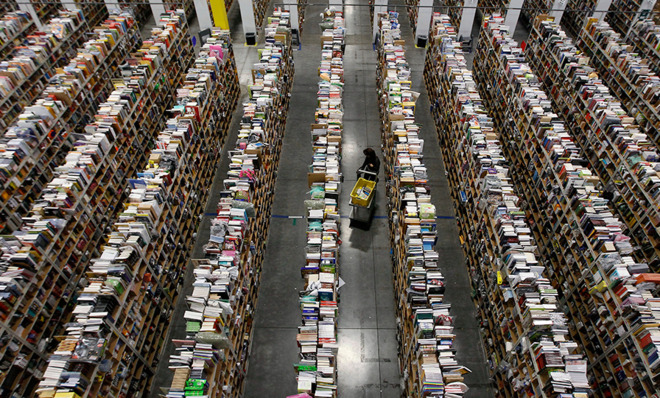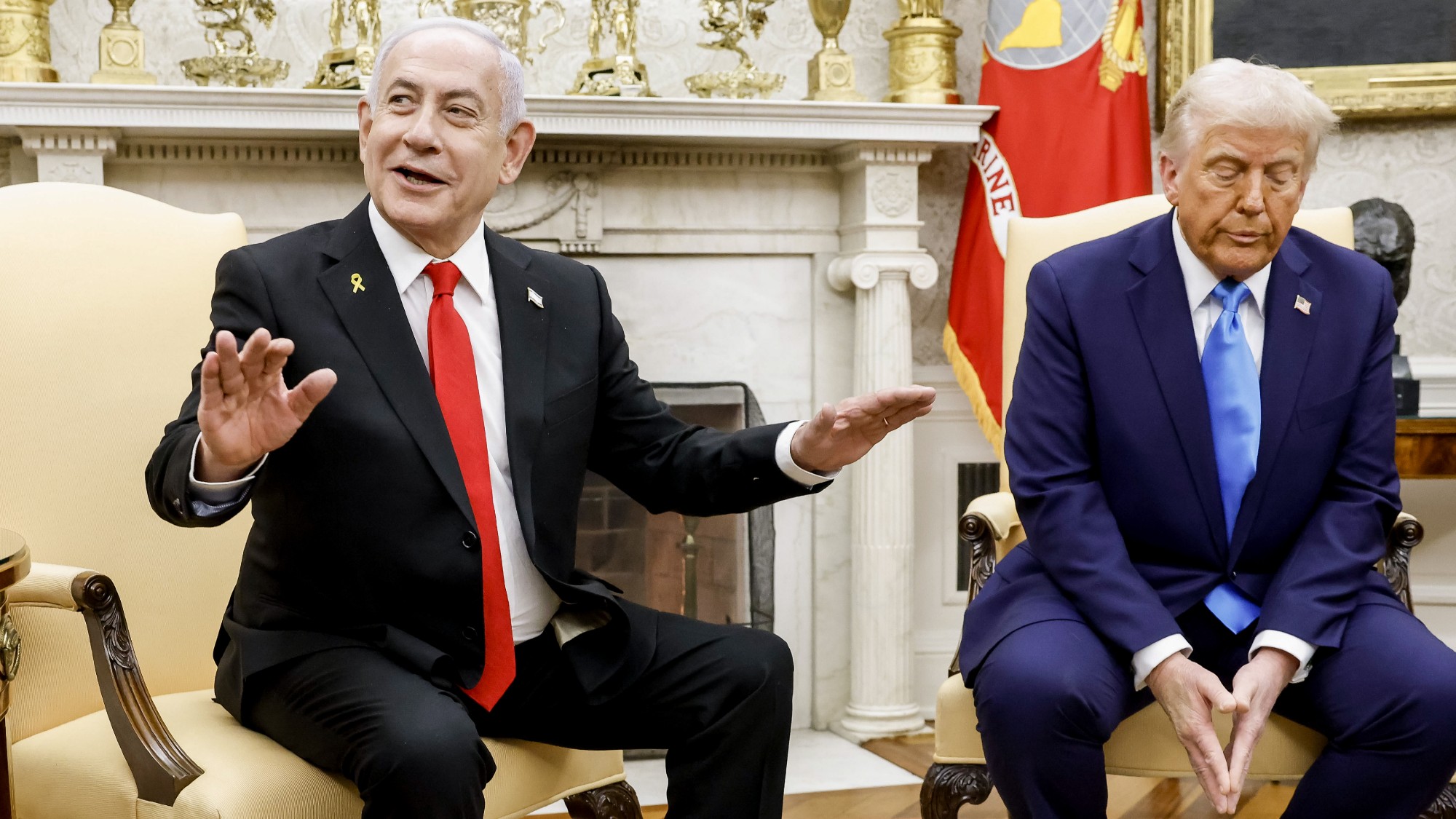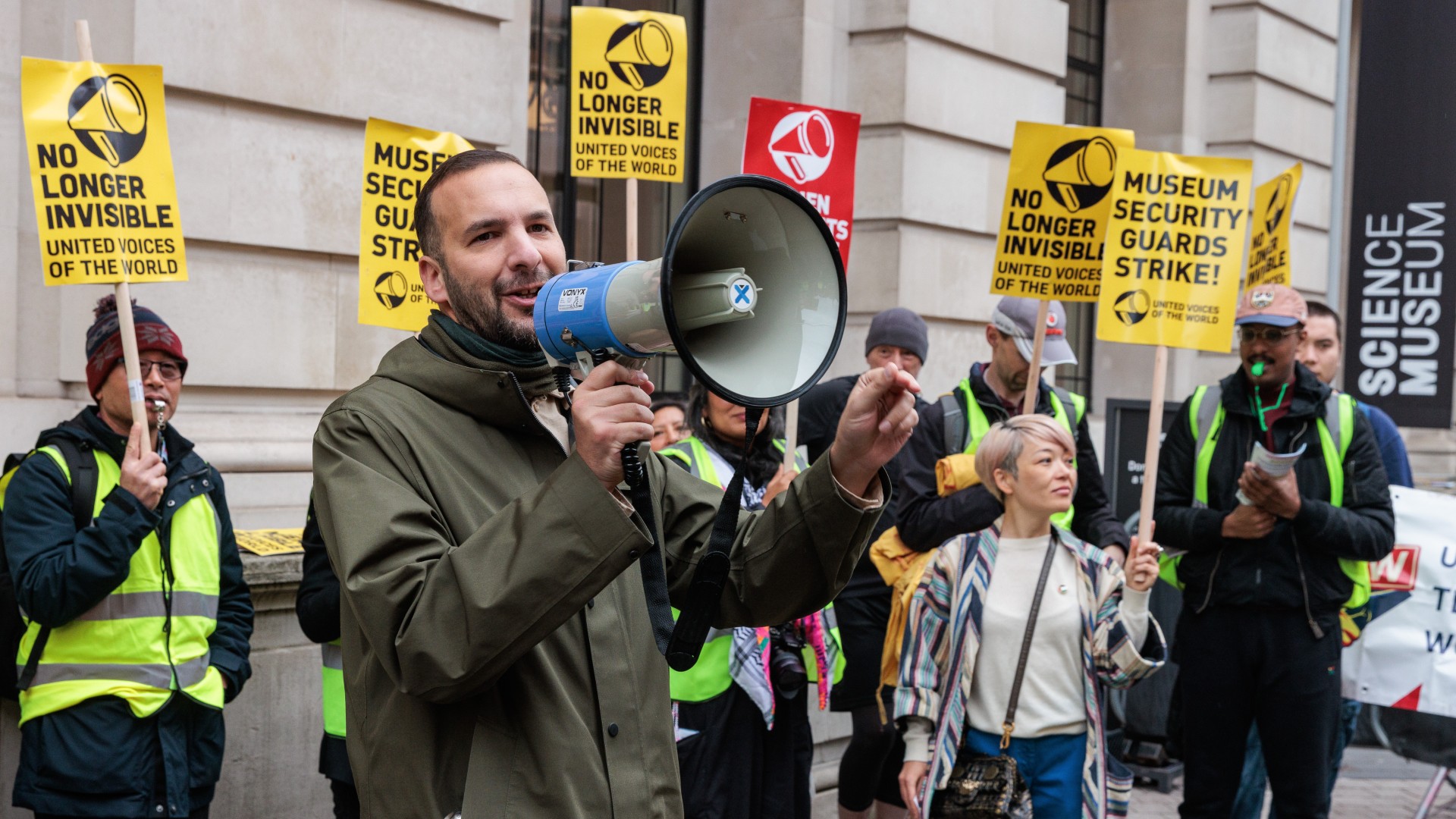Paul Krugman, Amazon, and the left's backwards view of book-industry titans
The New York Times columnist says Amazon is too powerful and is hurting America. He's wrong.


More and more, Paul Krugman is turning into a caricature of himself.
The Nobel Prize–winning New York Times columnist wrote an op-ed this week arguing that Amazon wields a dangerous amount of clout, using Amazon's dispute over book prices with Hachette publishing group as his prime evidence. Amazon "has too much power," Krugman writes, "and it uses that power in ways that hurt America." Krugman compares Amazon to the Big Oil robber barons of a century ago, arguing that no matter how much customers love Amazon, the e-tail giant is bad.
...Amazon's defenders often digress into paeans to online bookselling, which has indeed been a good thing for many Americans, or testimonials to Amazon customer service — and in case you're wondering, yes, I have Amazon Prime and use it a lot. But again, so what? The desirability of new technology, or even Amazon's effective use of that technology, is not the issue. After all, John D. Rockefeller and his associates were pretty good at the oil business, too — but Standard Oil nonetheless had too much power, and public action to curb that power was essential. [New York Times]
There are a lot of problems with Krugman's stance. First off, it is usually understood that anti-trust action against a company with a dominant market position is justified only if that company uses its position to harm consumers. That's not what's happening here. The conflict between Amazon and Hachette was sparked because Amazon wants to cut prices. Krugman blithely ignores that, instead just asserting that Amazon is "abusing" its power.
Subscribe to The Week
Escape your echo chamber. Get the facts behind the news, plus analysis from multiple perspectives.

Sign up for The Week's Free Newsletters
From our morning news briefing to a weekly Good News Newsletter, get the best of The Week delivered directly to your inbox.
From our morning news briefing to a weekly Good News Newsletter, get the best of The Week delivered directly to your inbox.
But in reality, if you want to see which book-industry players truly have overwhelming market power and the capacity to abuse it, you need look no further than the four biggest publishing houses, who together control 85 percent of the book market (this fact never features in Krugman's column). These publishers can actually coordinate to work together as a cartel, as their conspiracy to drive up the price of ebooks shows.
Historically, the dominance of the big book publishers has made it hard for smaller, indie publishers to break in. Distributors and retailers demand harsher terms of the smaller publishers than they do of the big ones, who use their market power to get better terms — exactly the kind of thuggish behavior that Amazon is accused of, but without endless coverage in The New York Times.
How can these small publishers find readers, then? Well, before Amazon they mostly couldn't. But today, Amazon gives small publishers reasonable terms, as small publisher Martin Shepard wrote passionately in a little-noted post defending Amazon.
Using anti-trust authorities to force a pro-consumer retailer to hand more money to multibillion-dollar conglomerates so they can keep squeezing out their smaller rivals is pretty much the best description you could imagine of what not to do.
Krugman also argues that Amazon exerts undue influence over the book market because it can kill a book's all-important "buzz" (you know, unlike The New York Times). He offers absolutely no evidence for this. He says that if Amazon makes a book hard to find or buy, that would kill its buzz, but this makes no sense: You hear buzz about a book — maybe in the pages of The New York Times! — and then go to Amazon to buy it.
It's not unlike the way the progressive movement ever so conveniently sets the level of income above which you should count as "rich" and have your money taxed away substantially above the income of city professionals like professors and writers, even though most of them make a lot more money than most in America's middle class. It's because inequality is a Really Important Issue, you see, not because of Status-Income Disequlibrium Syndrome.
Similarly, in the eyes of many on the left, Amazon is a monopsony that is abusing its market power. The big conglomerates who have 85 percent of the publishing market? Nothing to see there.
Writers who make money from the big conglomerates are part of the social group Paul Krugman and New York Times readers affiliate with, and the kind of consumers who might benefit from cheaper books are not. And so the power of government should be used to enhance the former's status at the expense of the latter. This makes perfect sense as social group interest politics. But as economics, it does not.
Sign up for Today's Best Articles in your inbox
A free daily email with the biggest news stories of the day – and the best features from TheWeek.com
Pascal-Emmanuel Gobry is a writer and fellow at the Ethics and Public Policy Center. His writing has appeared at Forbes, The Atlantic, First Things, Commentary Magazine, The Daily Beast, The Federalist, Quartz, and other places. He lives in Paris with his beloved wife and daughter.
-
 Israel-US 'rift': is Trump losing patience with Netanyahu?
Israel-US 'rift': is Trump losing patience with Netanyahu?Today's Big Question US president called for an end to Gaza war and negotiated directly with Hamas to return American hostage, amid rumours of strained relations
-
 Zack Polanski: the 'eco-populist' running for Green Party leader
Zack Polanski: the 'eco-populist' running for Green Party leaderIn The Spotlight 'Insurgent' party deputy is making a bid to take the Greens further to the left
-
 Do smartphone bans in schools work?
Do smartphone bans in schools work?The Explainer Trials in UK, New Zealand, France and the US found prohibition may be only part of the solution